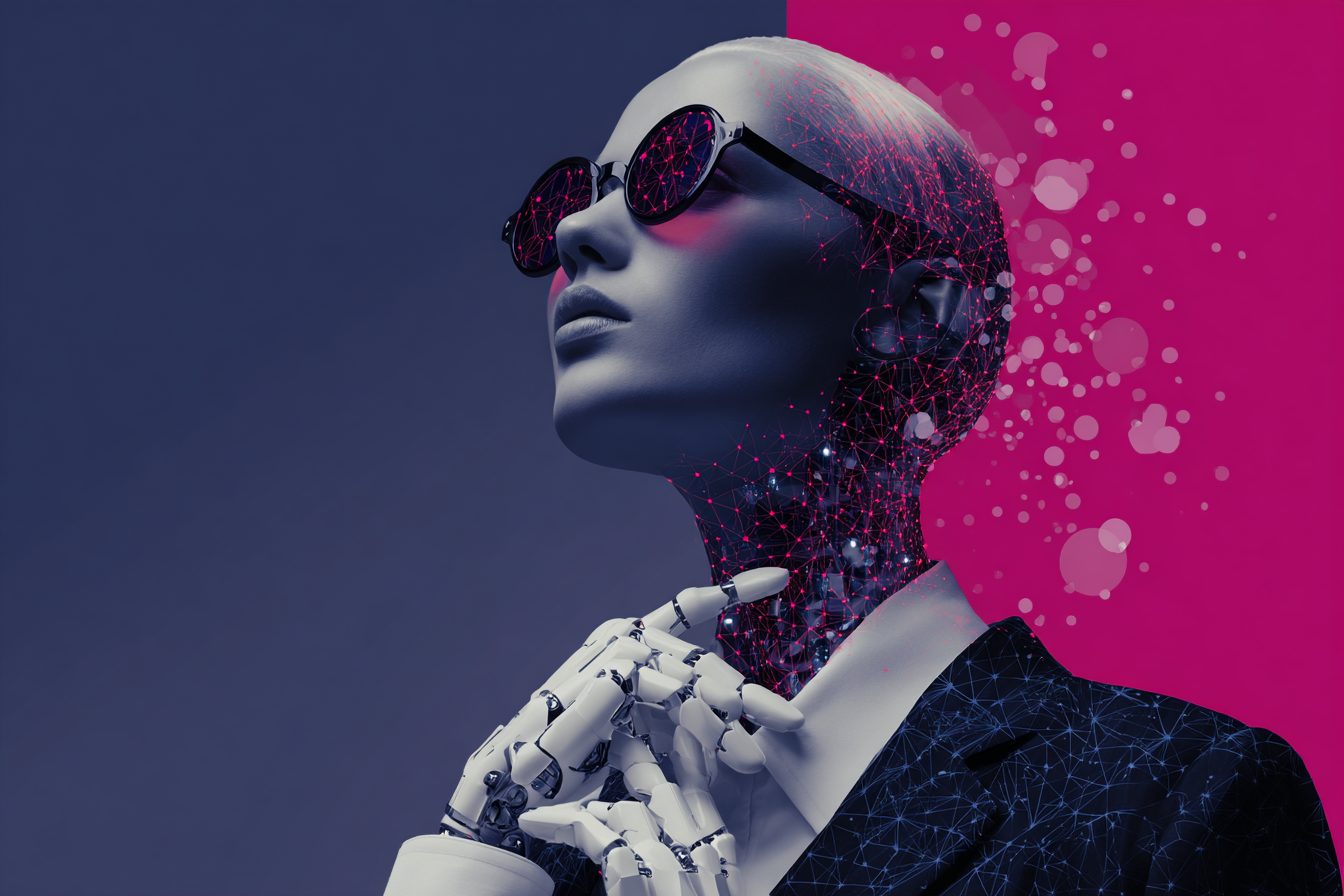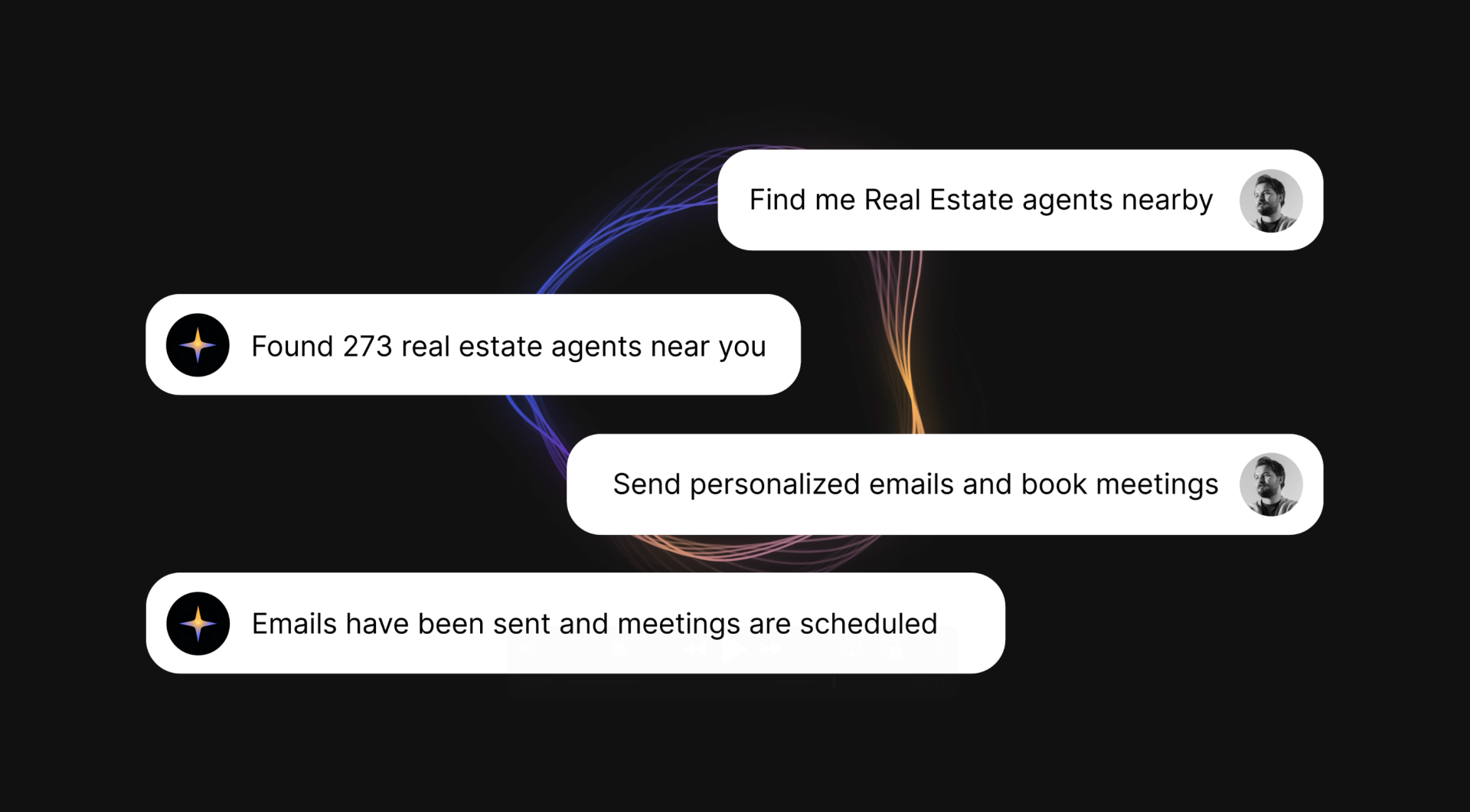This isn’t sci-fi. It’s the state of AI in 2025. From intelligent agents to compliance automation, the real power lies in applying AI across every function of your business. These nine trends are where startups must invest now.

1. Agentic AI: Autonomous Assistants That Do the Work
Agentic AI systems don’t just chat, they plan, act, and execute multi-step tasks independently, like booking calls or handling customer issues.
- Deloitte forecasts that 25% of large enterprises will deploy AI agents by the end of 2025, with that doubling by 2027. 90% of companies with GenAI report workflow improvements.
- Crunchbase data shows $700 million in seed funding in 2025 for startups focused on autonomous agents.
How to apply it: Start with single-task agents (e.g., email drips or meeting schedulers), then layer complexity. Integrate human-in-the-loop for safety and fine-tuning.
2. Generative AI: Content, Code & Creativity at Scale
Generative AI has matured. Now, it’s a productivity multiplier:
- North American adoption stands at 40%, with global GenAI usage at 65%, doubling from 2023 to 2024.
- ROI is strong: $1 invested yields $3.70+, with content creation and support automation leading the way.
How to apply it: Use GenAI for blog writing, email campaigns, ad copy, landing pages, and even code generation for MVPs.
3. Predictive Lead Scoring
AI models predict which leads are most likely to convert, enabling smarter resource allocation and higher ROI.
- Startups using predictive analytics report up to 40% more sales efficiency.
- Integrates well with CRMs and email platforms to auto-prioritize outreach.
How to apply it: Train models on your closed-won data to identify common traits and build smart scoring systems.
4. Omnichannel Hyper-Automation
AI enables seamless orchestration across all platforms Slack, CRM, email, SMS, bots ensuring unified workflows.
- SoundHound’s growth in voice AI shows how omnichannel is expanding to real-time voice interaction.
How to apply it: Trigger Slack alerts, auto-responders, and bot engagement based on user actions and CRM data.
5. AI-Powered Customer Experience
Smart bots resolve support tickets, answer FAQs, and reduce agent load while increasing satisfaction.
- AI-enhanced agents improve productivity by 15%.
- Conversational AI helps businesses scale without sacrificing service quality.
How to apply it: Deploy Gen AI support agents and fallback flows for complex issues.
6. AI Content Optimization (AEO/GEO)
SEO is evolving into Answer Engine Optimization (AEO) and Generative Engine Optimization (GEO) for AI engines like ChatGPT.
- As traditional search shifts, startups must ensure visibility on AI-powered results.
How to apply it: Use schema markup, answer-based formats, and topic clustering to become AI-friendly.
7. Data-Driven Personalization
AI analyzes user data in real time to personalize experiences across touchpoints.
- Personalized campaigns drive 2x engagement and 50% higher conversions.
How to apply it: Sync data from CRM, website, and product to dynamically customize email, ads, and site flows.
8. First-Party Data Automation
With cookie restrictions tightening, first-party data becomes essential.
- AI tools automate compliant data collection and segmentation.
How to apply it: Use AI to capture, enrich, and route first-party data through CRM/CDP platforms.
9. Compliance & Ethical AI
As AI scales, so do regulations. Startups must now factor transparency, fairness, and explainability into their models.
- EU AI Act, GDPR, and FTC guidelines are actively evolving.
How to apply it: Document model logic, apply bias audits, and offer user opt-outs.
Final Thoughts
In 2025, AI isn’t just a feature, it’s the operating system for startups. Whether you’re a lean team or an AI Automation Agency, mastering these 9 trends will define your edge:
- Agentic autonomy
- Generative creativity
- Predictive lead scoring
- Omnichannel workflows
- Smart support systems
- AI content optimization
- Real-time personalization
- First-party automation
- Compliance & ethical AI






